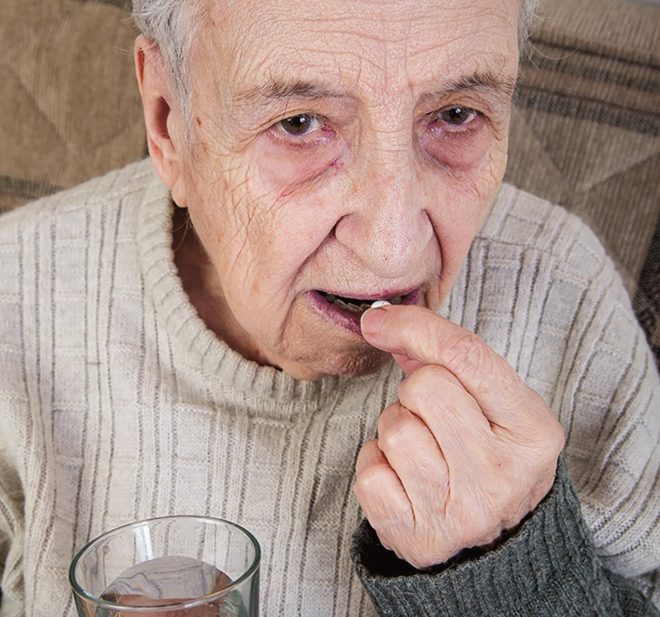
Shutterstock.com
In 2010, while working as a pharmacist practitioner in general practice, I recognised what I thought was a significant safety issue in prescribing for people with reduced kidney function, but how could I flag this beyond the scope of my practice? A PhD didn’t really seem the right approach, I thought, as it would take at least five years to complete part time.
But I was wrong — it turned out to be the perfect way to highlight an important medicines safety issue and my research has had a bigger impact than I could ever have hoped for.
Kidney function tends to reduce as we age and so for medicines removed by the kidney, doses need to be reduced or alternatives must be found. In 2005, the National Institute for Health and Care Excellence published its first national guidelines on chronic kidney disease, introducing the estimated glomerular filtration rate (eGFR) test which estimates how well a patient’s kidneys are working. This raised the profile of kidney function.
I welcomed the guidelines, at first, as they raised awareness in prescribers, and eGFR was widely reported with pathology results. But I soon realised that medicine choices and doses were still not being altered after a patient’s kidney fuction was discovered to be low.
At the same time, I was concerned that the eGFR result was not what I would expect from my experience of calculating a person’s estimated kidney function, which I would usually do using creatinine clearance (CrCl). I found that, particularly for very old patients, eGFR would give a much higher result than CrCl, meaning that the need to make prescribing changes would be missed.
I tried to talk to clinical colleagues about my concerns; one consultant for elderly care said he wasn’t sure that there actually was a problem, but he gave me the great advice to “go and find out”.
So I did: in April 2010, I began researching the case-note reviews in my GP practices and found that 25% of people aged 65 years and over were taking inappropriate medicines or doses for their level of kidney function. This was an eye-opener — not only for me, but also for those I shared my findings with.
And in 2011, this work led to my part-time PhD at the University of Leeds, which I completed in 2017. My literature review identified evidence for the need to use CrCl when prescribing for older people, on the basis that eGFR overestimates kidney function with increasing age and CrCl more closely estimates the kidney’s effect on drug blood levels. There was also evidence of adverse drug reactions, hospital admissions and increased mortality when CrCl is not used for prescribing decisions.
This work informed my research, which involved studying data from 80 general practices. I
found that the prescribed dose was too high for kidney function in up to 40% of people aged 65 years and older, and up to 80% of people aged 85 years and older. The use of eGFR overestimated kidney function for up to 28% of those aged 65 years and older, and up to 58% of those aged 85 years and older. I had identified the problem, but what about the impact?
Firstly, in 2017, the Joint Formulary Committee, which develops the BNF, asked me to present my findings. As a result, the ‘prescribing in renal impairment’ section was updated to highlight that CrCl should be used when prescribing for older people.
Secondly, in October 2019, the Medicines and Healthcare products Regulatory Agency (MHRA) released a drug safety alert to highlight the need to assess kidney function when prescribing, and to use CrCl for prescribing decisions. The MHRA had received reports of direct oral anticoagulants causing major bleeding when doses had not been reduced in patients with low kidney function. I was proud to see that the MHRA iterated the BNF’s updated recommendations, quoted my paper and that this medicine safety issue had been recognised nationally.
Neither the major change in the BNF, nor the MHRA alert, would have materialised without the robust evidence gathered during my PhD.
If you have spotted a potential issue with medicines safety or any other aspect of practice, consider research to bring it to the fore. As my supervisor Theo Raynor said: “This is a great example of the power of a PhD, where we can assist a practitioner to research a problem they see in their practice and, as a result, change that practice.”
Su Wood, research fellow, University of Leeds; practice pharmacist and independent prescriber, prescribing support services, Bradford


